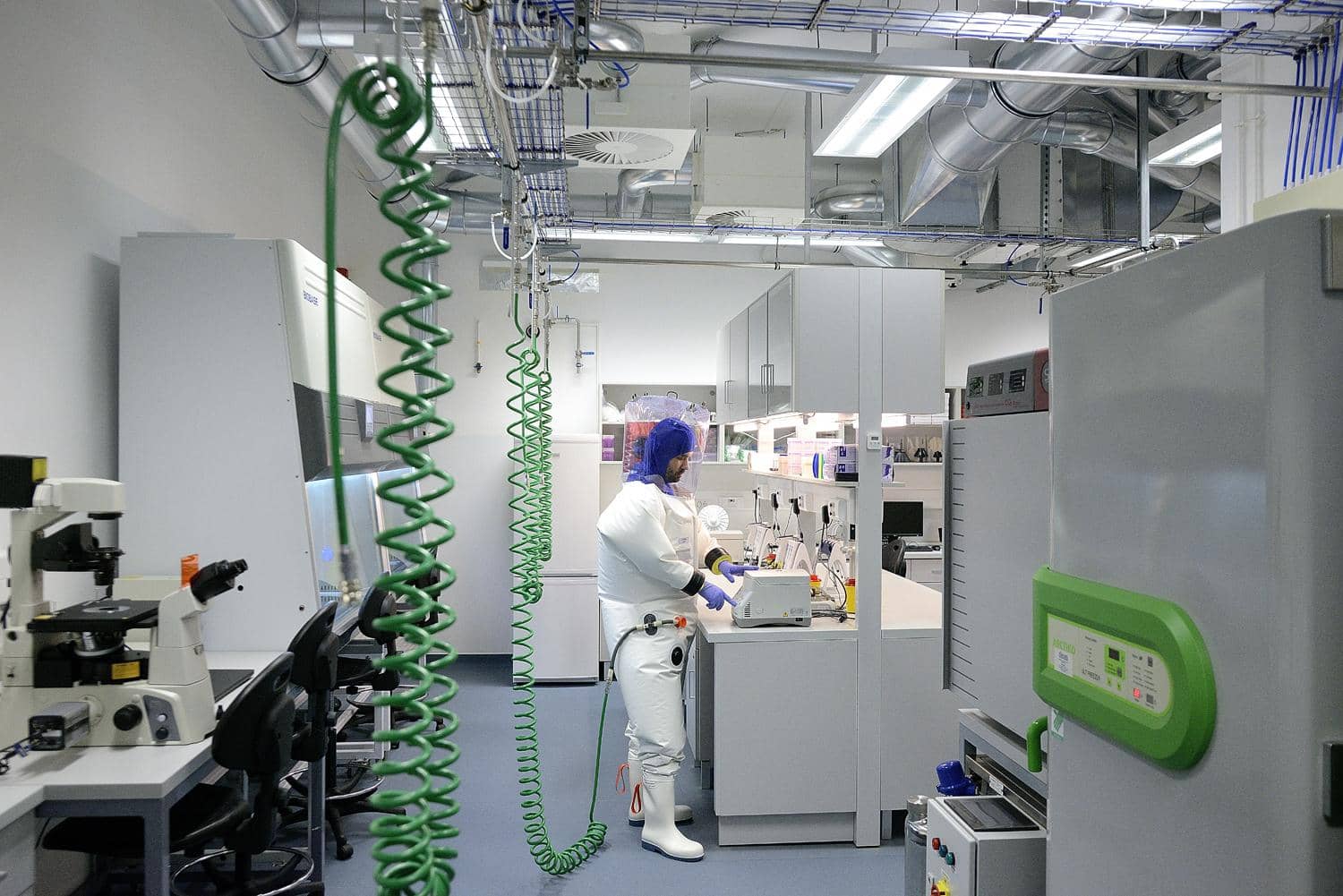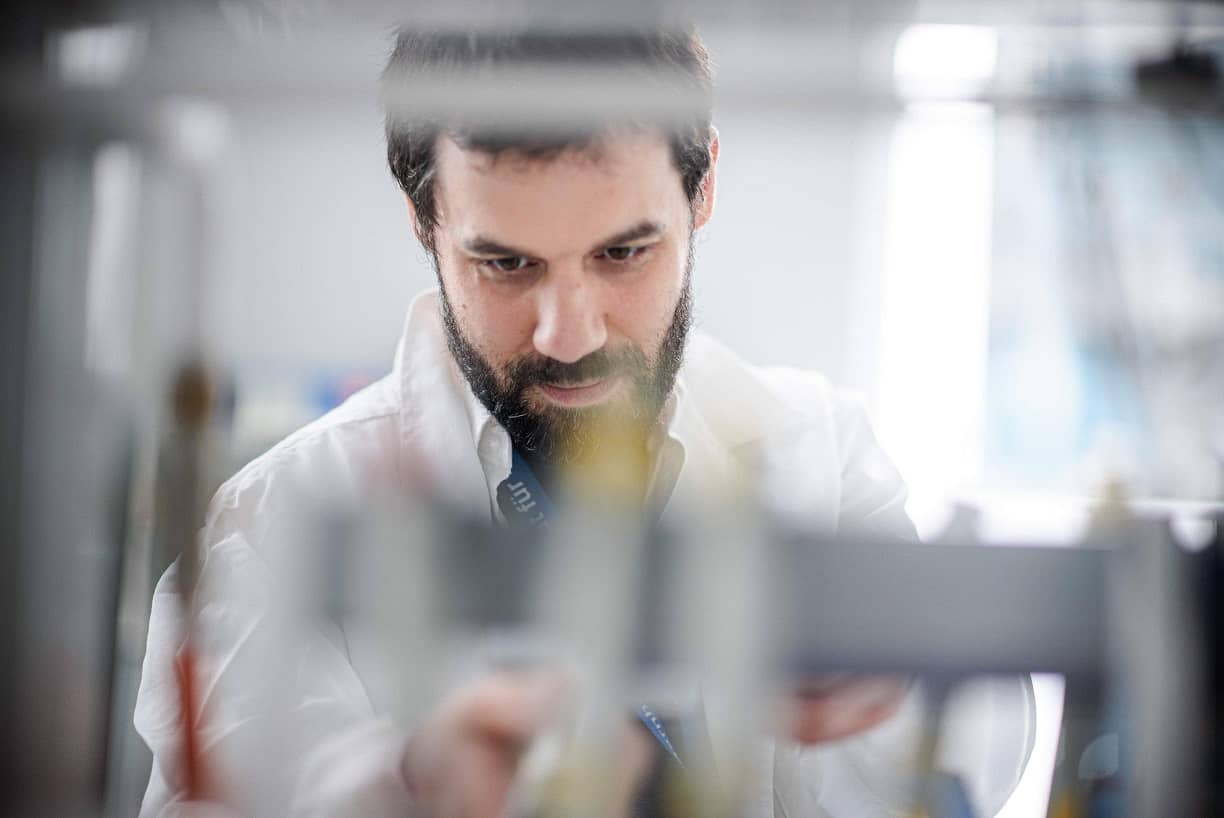You are a research fellow at the National Laboratory of Virology in the Szentágothati Research Centre in Pécs. What are your main activities and your current research there?
My main research area is related to zoonotic viruses and the full-scale risk assessment of these agents. It means my work starts in the field where we monitor already known viruses or discover new ones. Then we use these viruses to learn every single detail about them: their evolution, mutations, functions, drugs, vaccines, etc. This kind of research is called pandemic preparedness.

How do you see the next phase of the COVID-19 epidemic? Will there be more outbreaks? Can the virus mutate in a way, that the current vaccines would not be sufficient?
The “soup” of variants (i.e. the numerous currently circulating variants) is too complex now to say anything about our future. The transmission of the virus is still on at a very high rate worldwide, which at the same time increases the chance for the virus to trick our vaccines and antivirals. With high transmission rates, the chances are higher that the virus mutates in humans or any susceptible animals, and then it spreads as a new dangerous variant. Scientists are speaking a lot about these risks and scenarios, and we have already seen the rise of delta or omicron variants. Also, recently the discovery of a new variant was published in Nature Microbiology which evolved in North American deers and then jumped back to humans. The situation is better than two years ago since we do not see as many serious cases - thanks to vaccines, the omicron variant, and infections - but it is still not optimal for us.
What you as a scientist have learned from the COVID-19 epidemic? What are the consequences, and know-how that could be used in the future to prevent similar outbreaks of other epidemics?
Communication is more important than anything. Science communication can literally save lives, that is the most important lesson for scientists, decision-makers, and for the public.
Due to the effects of climate change and globalization, viruses and pathogens that previously were only present in tropical countries now also appear in Europe or in countries with moderate climates. How can we prevent the spread of new diseases? Or how can we prepare for them?
We can prepare against these challenges, but we must understand first: there is no local problem anymore. Our globalized world puts our problems (such as outbreaks) on a globalized level, and if the circumstances are optimal these can culminate in pandemics. We must solve the problems of Africa and South-Asia because these are everybody’s problems.

You regularly post on your social media channel and talk in the media regarding COVID-19 and other diseases. How do you think the communication of science could be more effective to reach a wider public?
We must switch from the common science journalism style to a more rapid and more impulsive way of communication, and we must do it on social media platforms. Maybe the time of scientist celebrities is here.
To watch the webinar of Gábor Kemenesi, you must be a registered member of the Alumni Network Hungary. You can join the network by clicking HERE.